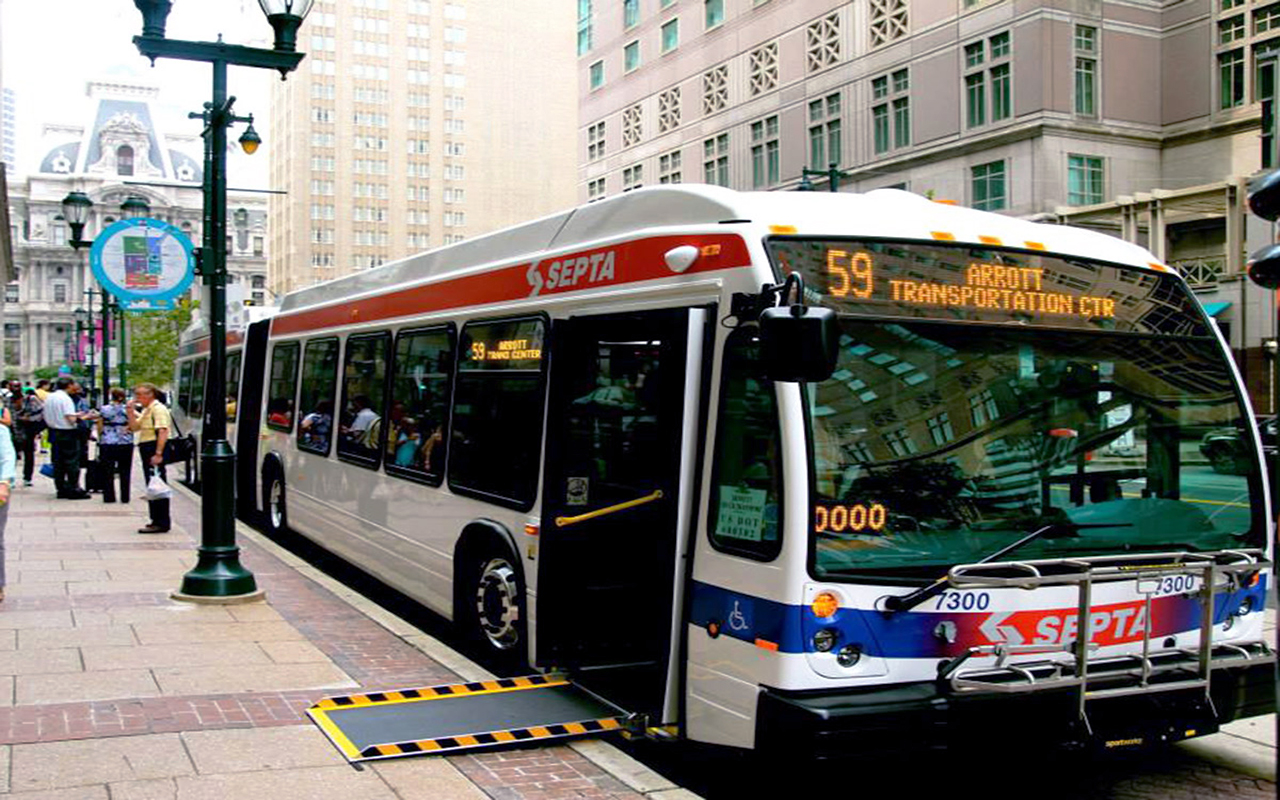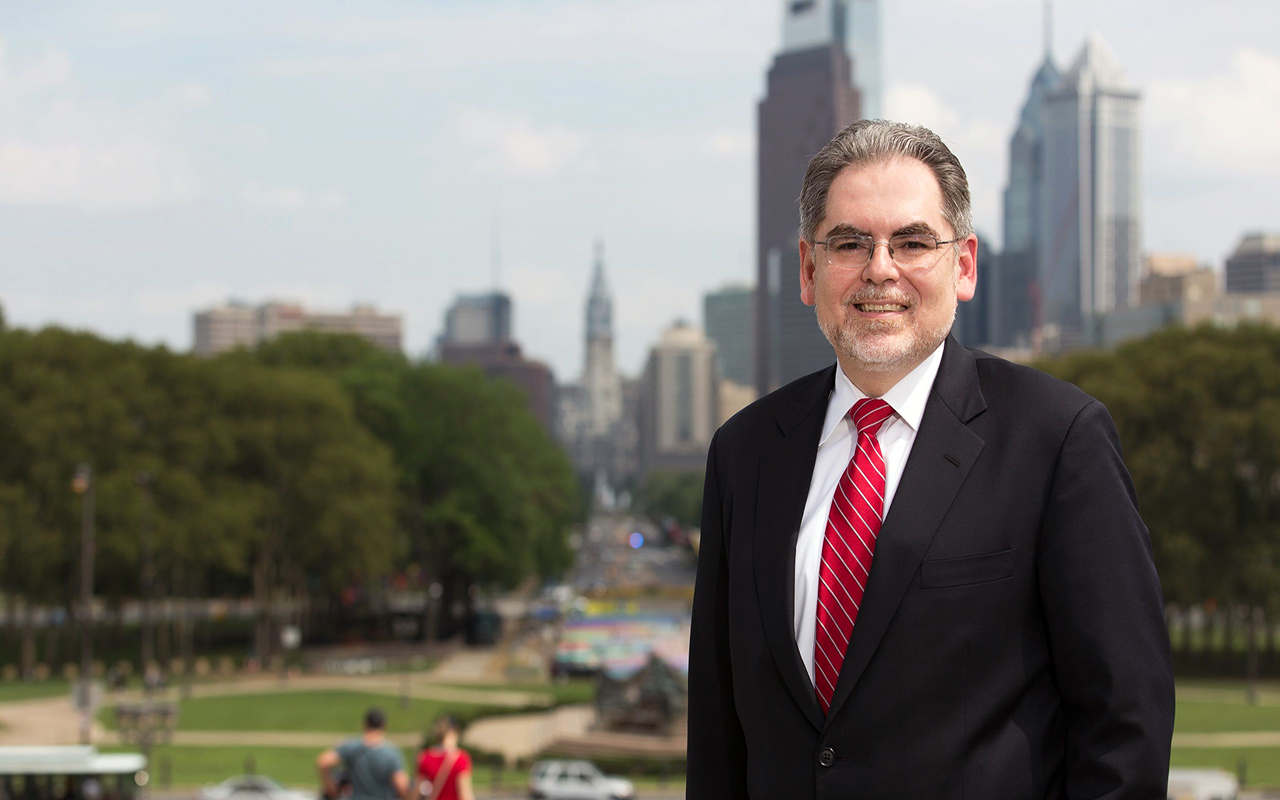
No one wins battle over box ban
Legislation that has helped Philadelphians across the city get jobs and return to the workforce after being incarcerated has been proven to be a benefit to communities across the city, especial black and Latino neighborhoods. But what if the unexpected consequences prove to be just as detrimental to the communities they serve? That is what Stan Veuger stated his data found in a recent study.
The law that states that employers must offer a position before requesting a criminal background check is apparently hurting those black and Latino job seekers without a record.
In his study, Veuger found that women, especially African American women, young workers without college degrees are seeing less and less employment opportunities as a result.
CONTENIDO RELACIONADO
Noting everything from bias based on race and ethnicity to lack of education, Veuger stated that these would impact black and Latino workers simply because prospective employers would assume all members of these communities have a criminal background.
The research states that one in three African American males and one in six Hispanic males have criminal records.
Revisited for improvement in 2016, Philadelphia's law was passed in 2011 before many other cities across the nation.
But then again, this is all a matter of inference, Veuger's conclusions came from looking at employment patterns in high-crime neighborhoods, and assumed that those neighborhoods contained people with records. He then tracked the relationship between these communities and ones protected by the legislation in addition to unemployment rates.
"While these measures are praiseworthy and well-intentioned," Veuger told the Philadelphia Inquirer, "to add value, we need to reduce the number of people who go through the criminal justice system [in the first place]," he said.








DEJE UN COMENTARIO:
¡Únete a la discusión! Deja un comentario.